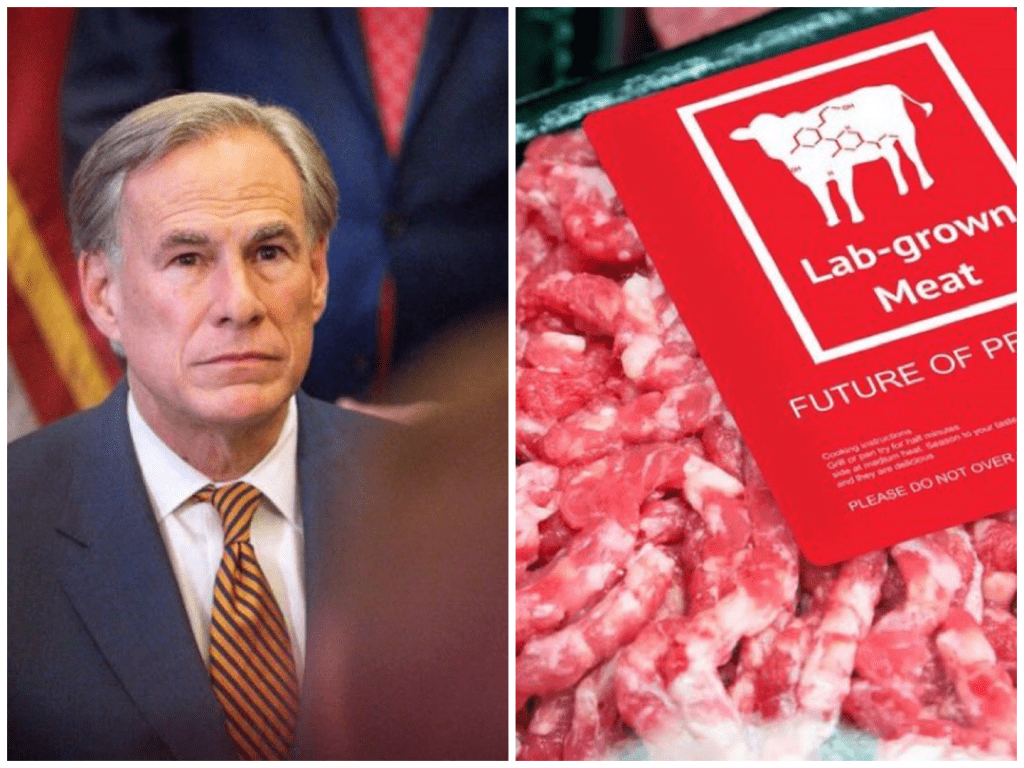Texas Has Officially Banned Lab-Grown Meat As A New Law Takes Effect, Leaving Ranchers Cheering And Innovators Fighting Back
It finally happened. As of September 1, 2025, lab-grown meat is officially banned in Texas. Governor Greg Abbott signed Senate Bill 261 earlier this summer, and now the law has taken hold, making Texas one of the few states to take such a firm stand. The ban is set to last two years, through September 2027, and it covers the sale, manufacture, distribution, and even possession of what lawmakers describe as “cell-cultured protein.” In a state known for its cattle, barbecue, and deep ranching roots, the move has already stirred emotions on both sides.
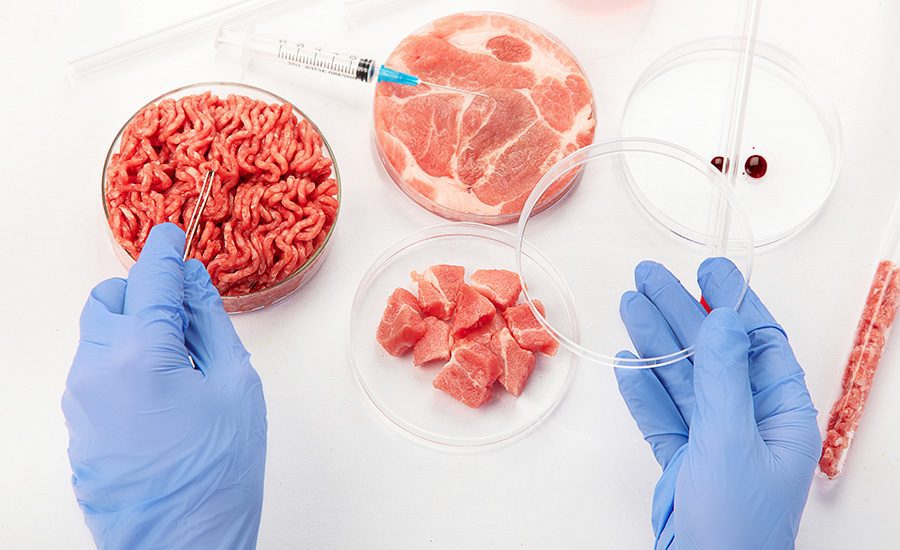
The supporters of this ban have made their feelings clear. Agriculture Commissioner Sid Miller stood shoulder to shoulder with the Texas & Southwestern Cattle Raisers Association, explaining that this was about protecting tradition and ensuring people know exactly what’s on their plate. For them, beef raised on pasture under the Texas sun is part of the culture, the economy, and the identity of the state. Miller called lab-grown alternatives “fake meat” and said Texans deserve the real thing, the kind that has been part of family tables for generations. For ranchers, the new law feels like a win, a guarantee that their way of life won’t be undercut by new technology creeping into the market.
But the story isn’t that simple. For the companies who have spent years and millions of dollars developing cultivated meat, this law feels like a wall slammed down in front of them. Two lab-grown meat companies have already filed lawsuits challenging the ban, arguing that Texas is blocking innovation and consumer choice. They see their products as part of a future where meat can be made without the environmental strain of raising animals, and without the ethical concerns tied to traditional slaughter. For them, the new law isn’t just about steak or chicken—it’s about shutting down the chance to change how food works.
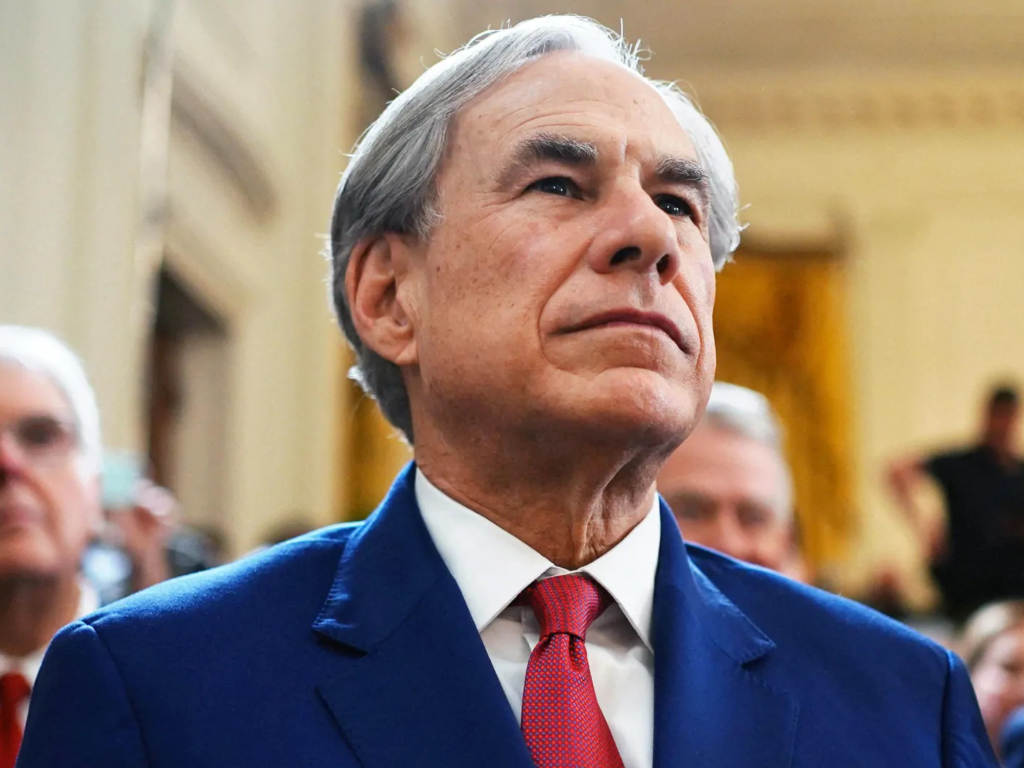
And then there are the people caught in between: restaurants and consumers who had only just started to see these products in their daily lives. One of the most talked-about examples is Otoko, a high-end sushi restaurant in Austin, which had been serving lab-grown salmon made by Wildtype. As of September 1, Otoko can’t legally offer that dish anymore. For food lovers who were excited to taste something that felt like a glimpse of the future, the ban feels like the rug has been pulled out from under them.
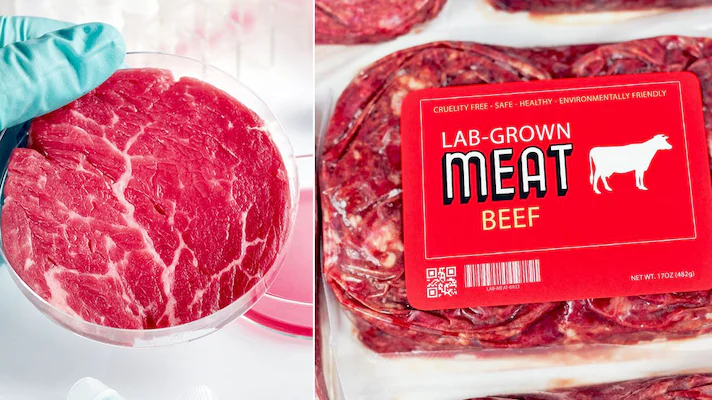
Texas is not alone in this choice. It now joins six other states—Florida, Alabama, Nebraska, Indiana, Mississippi, and Montana—that have passed similar bans on cultivated meat. But Texas is the biggest beef-producing state in the nation, and its voice carries weight. When Texas speaks on cattle, people listen. The decision here has already sparked national debate, with some saying it’s about keeping food honest, and others calling it a roadblock to progress.
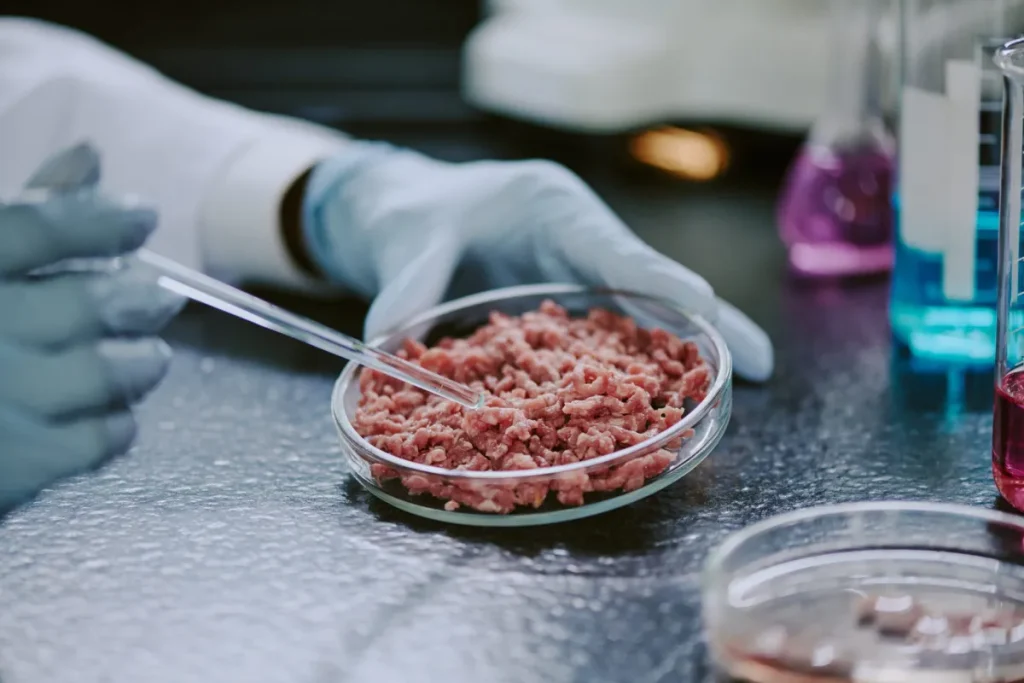
What strikes me most is how personal food really is. It’s not just about what’s on a plate—it’s about heritage, family, innovation, and the stories we tell about ourselves. For some Texans, banning lab-grown meat feels like protecting homegrown pride. For others, it feels like refusing to imagine a different future. And somewhere in the middle are consumers like you and me, wondering what our choices will look like tomorrow.
The conversation isn’t over, not by a long shot. With lawsuits already in motion and global companies investing heavily in this technology, it’s hard to believe the issue will stay settled for long. But for now, in Texas, the law is clear: only meat that comes from animals, not labs, will make it to the table. And in a state where beef has always been bigger than just food, that makes this moment feel like history.
